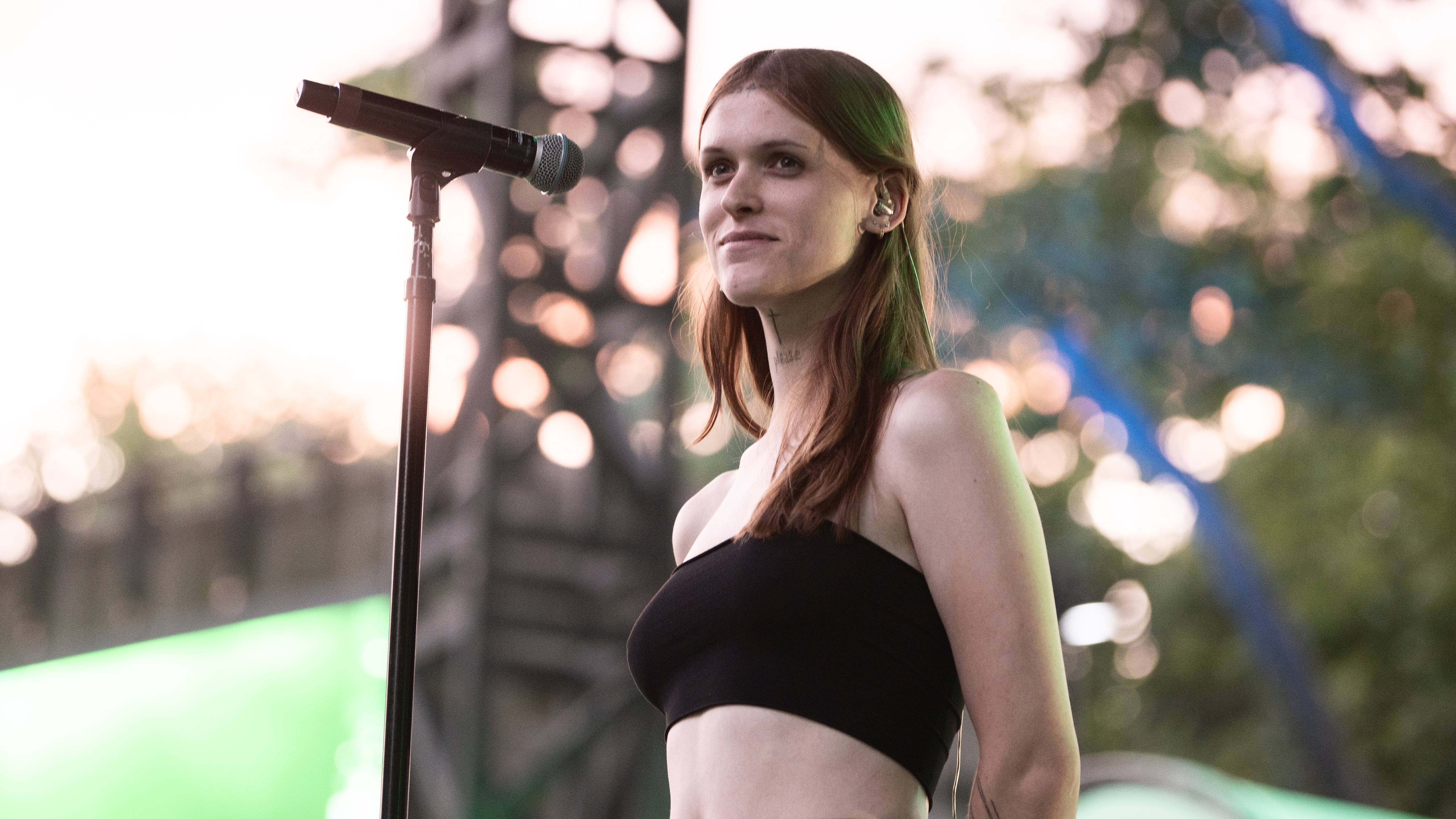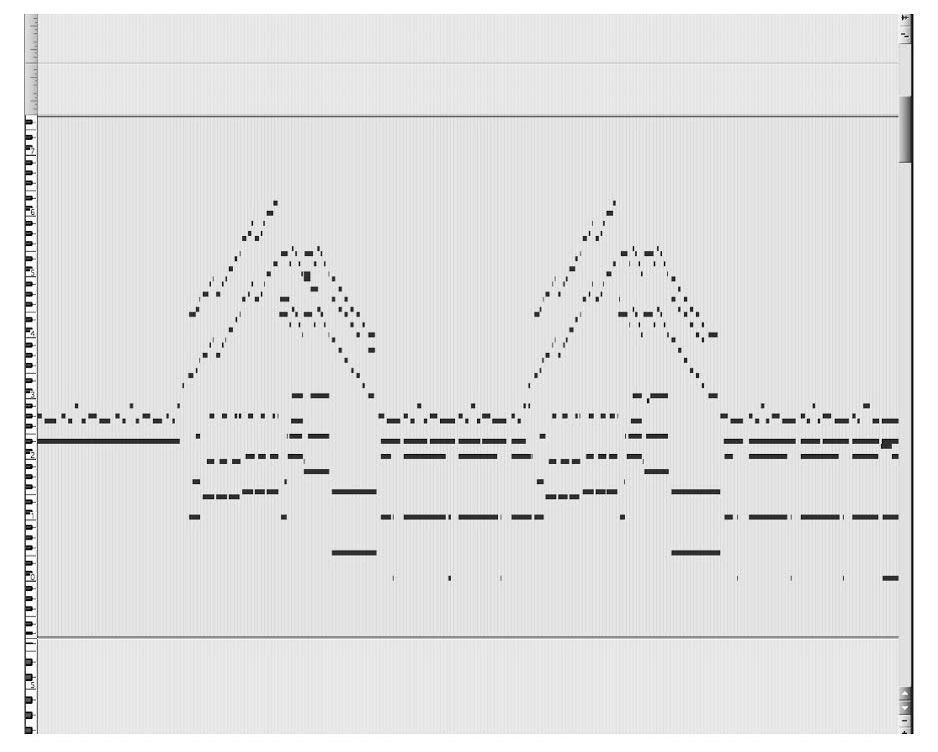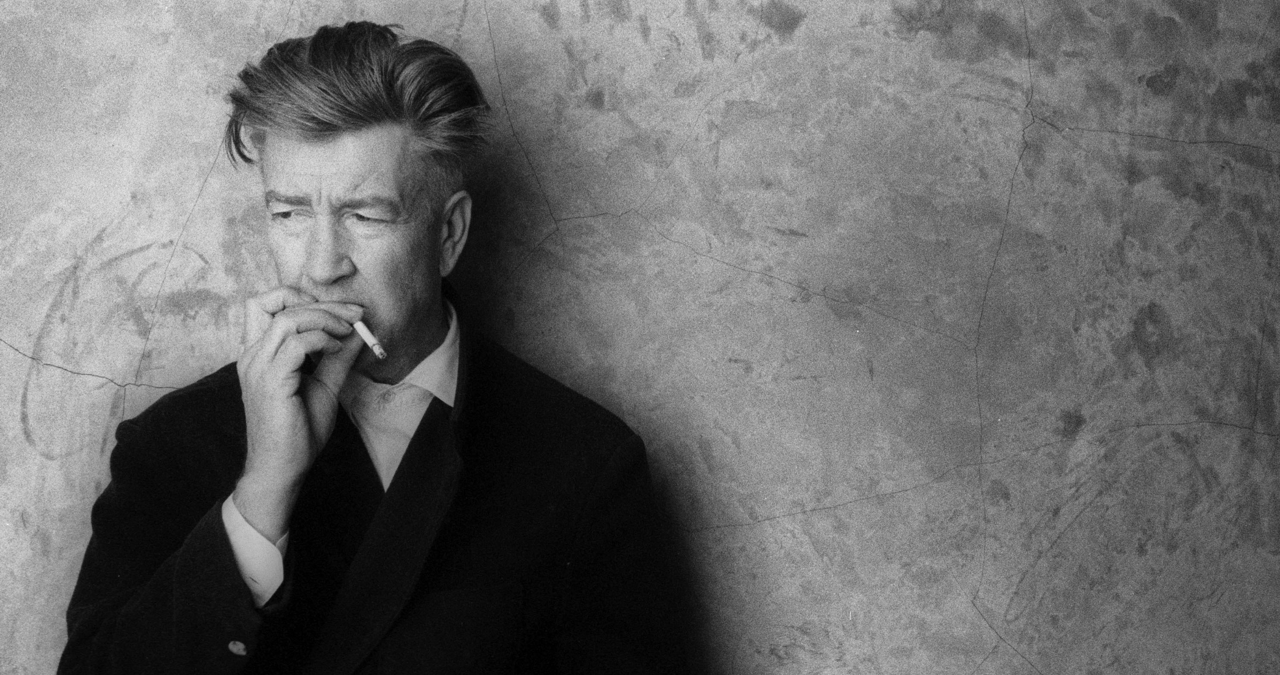"I loved it so much that I hunted down the synths he used": Ethel Cain's ethereal new song features a Yamaha DX7S heard on the Twin Peaks soundtrack
The singer-songwriter was inspired by a viral video of Twin Peaks composer Angelo Badalamenti explaining how he and Lynch dreamt up Laura Palmer's Theme

American singer-songwriter Ethel Cain has shared an ethereal new single, Nettles, which features a synth used on Angelo Badalamenti's highly influential soundtrack for Twin Peaks, David Lynch's cult classic television series.
Digging into the influences behind the song in a statement shared on Instagram, Cain explained that she was inspired by a video of Badalamenti showing how he composed Laura's Palmer's Theme, a moody instrumental that featured prominently in the show, by interpreting scenes described out loud by Lynch on the keyboard.
In response to a fan's observation that Nettles' introduction reminded them of Twin Peaks, Cain confirmed that the show was a major influence on the new project, revealing that she was so taken with the Badalamenti clip that she "finally decided" to watch the series, then felt compelled to track down the very same synths used on its soundtrack to feature on her next album, Willoughby Tucker, I'll Always Love You.
"I watched that video of Angelo Badalamenti explaining how he wrote Laura's Theme and loved it so much that I hunted down the synths he used for the Twin Peaks soundtrack and bought them and those are the ones I used for Willoughby," Cain says. The synths can be heard in the song's haunting intro, which sets the scene for the slow-burning eight-minute track with strings, banjo and pedal steel.
ethel cain used the same synths that angelo badalamenti used for the twin peaks soundtrack for her new album! pic.twitter.com/pnV9Td7XRCJune 4, 2025
In another Instagram story, Cain revealed which particular synth can be heard on Nettles: “For those asking, the specific keyboard I used for the Nettles intro (I call them my Angelo synths) was a Yamaha DX7S."
Released in 1987, the DX7S was a mono-timbral successor to Yamaha's hugely popular DX7.
Badalamenti collaborator Kinny Landrum, who played synths on the show's soundtrack, has previously shared a list of the gear that gave Twin Peaks its dreamlike sound.
Want all the hottest music and gear news, reviews, deals, features and more, direct to your inbox? Sign up here.
"A Prophet T-8 was the main controller, although not used all that much as sound source," Landrum said. "A Yamaha DX-7 and TX-7 were used for all the electric piano sounds. A lot of the strings were a combo of two Roland synths, the MKS-70 and the D-550.
"I used an Akai S1000 a lot and a Linn 9000 as sequencer and drum machine (this was before powerful computers were easy to transport). An Emulator 2 was used for the guitar and many other samples."
In a 2017 interview with Vulture, Lynch's music supervisor Dean Hurley shed some light on the enduring creative partnership between Badalamenti and the acclaimed filmmaker.
After studying the MIDI notation for "Laura Palmer's Theme", he recalled realizing that the notes clearly outlined the shape of two mountain peaks on the piano roll. Without realizing, Badalamenti had composed a theme that contained a rising and falling motif, twice repeated, that literally resembled twin peaks when notated.
“I showed David the photo and I was like, ‘What does this look like to you?’ and he said, ‘Yeah, twin peaks. What about it?’” Hurley said. “And I told him what it was, and he just started shouting, ‘It’s cosmic! It’s cosmic! It’s cosmic!’ and then he was like, ‘That would make a great T-shirt.’ And then I sent it to Angelo, and Angelo was just like, ‘Whoa … this is scary … but very cool!”
Ethel Cain's Willoughby Tucker, I'll Always Love You will be released August 8.


I'm MusicRadar's Tech Editor, working across everything from product news and gear-focused features to artist interviews and tech tutorials. I love electronic music and I'm perpetually fascinated by the tools we use to make it.
You must confirm your public display name before commenting
Please logout and then login again, you will then be prompted to enter your display name.


